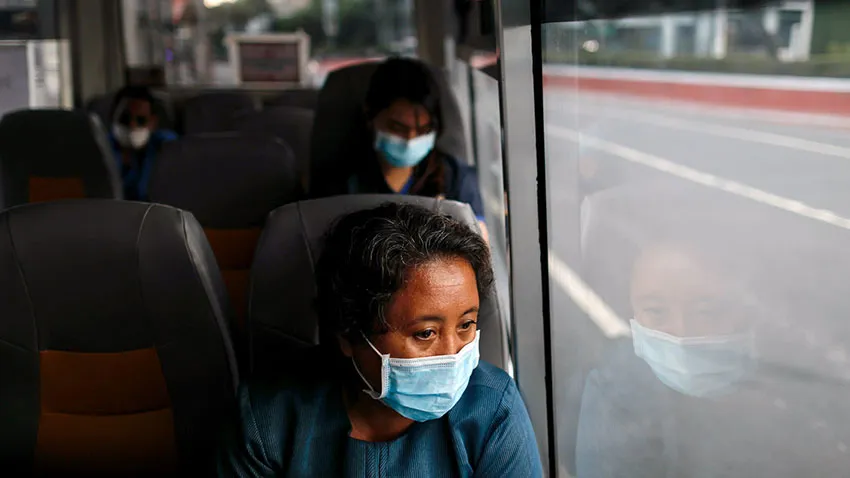
The Philippines has barred doctors, nurses and a host of other medical professionals from leaving to work overseas, as the country grapples with rising coronavirus cases.
The temporary ban will remain in effect until the national emergency is lifted, the immigration bureau said in a memorandum dated Thursday.
The prohibition covers a lengthy list of professions: micro and molecular biologists, medical technologists, pharmacists, respiratory therapists, X-ray technicians, nursing and laboratory assistants, health services supervisors and even hospital equipment repair personnel.
Every year, around 13,000 Philippine health care workers go abroad, aggravating a domestic shortage of 290,000, according to the Philippine Overseas and Employment Administration, which facilitates the deployment of international workers.
The POEA approved the temporary ban on April 2, but did not clarify the policy on health workers with existing overseas contracts who are currently in the Philippines. This remains unclear.
The Philippines also suspended negotiations on bilateral labor agreements on health care worker deployments, the POEA said.
The pandemic has caused demand for medical personnel to soar. Last month, Germany said it was flying in 75 Filipino nurses to attend to its coronavirus patients, German media reported. Over 100,000 Filipino health care workers are already overseas, according to Jeremaiah Opiniano, executive director at the Institute of Migration and Development Issues in Manila.
Manila, meanwhile, has resorted to drastic measures to fight the spread of the virus, including locking down over half the country's population.
On Friday, the Philippines reported 119 new coronavirus infections, bringing the total to 4,195 with 221 deaths. The health department on Wednesday said 252 nurses and doctors had tested positive, and that 12 of them had died. The Private Hospitals Association of the Philippines, however, has counted 21 doctors who died due to COVID-19.
The Philippines has promised hazard pay for medical workers who are hospitalized or die due to the virus, and has pledged to increase incentives after an earlier 500 peso ($10) daily allowance sparked a public backlash.




















